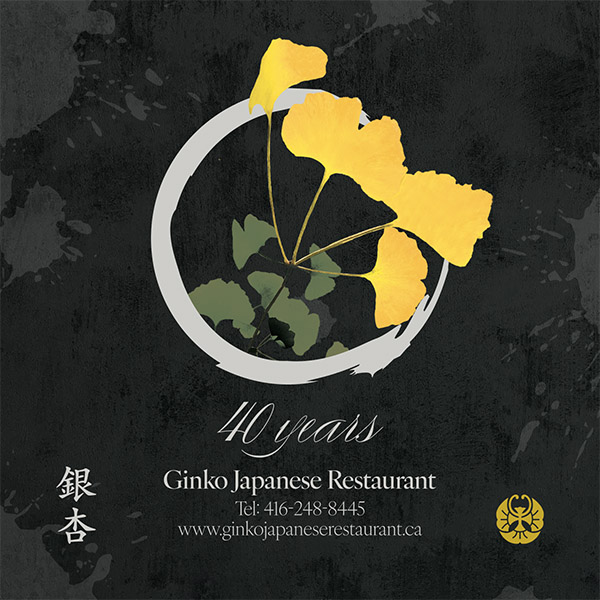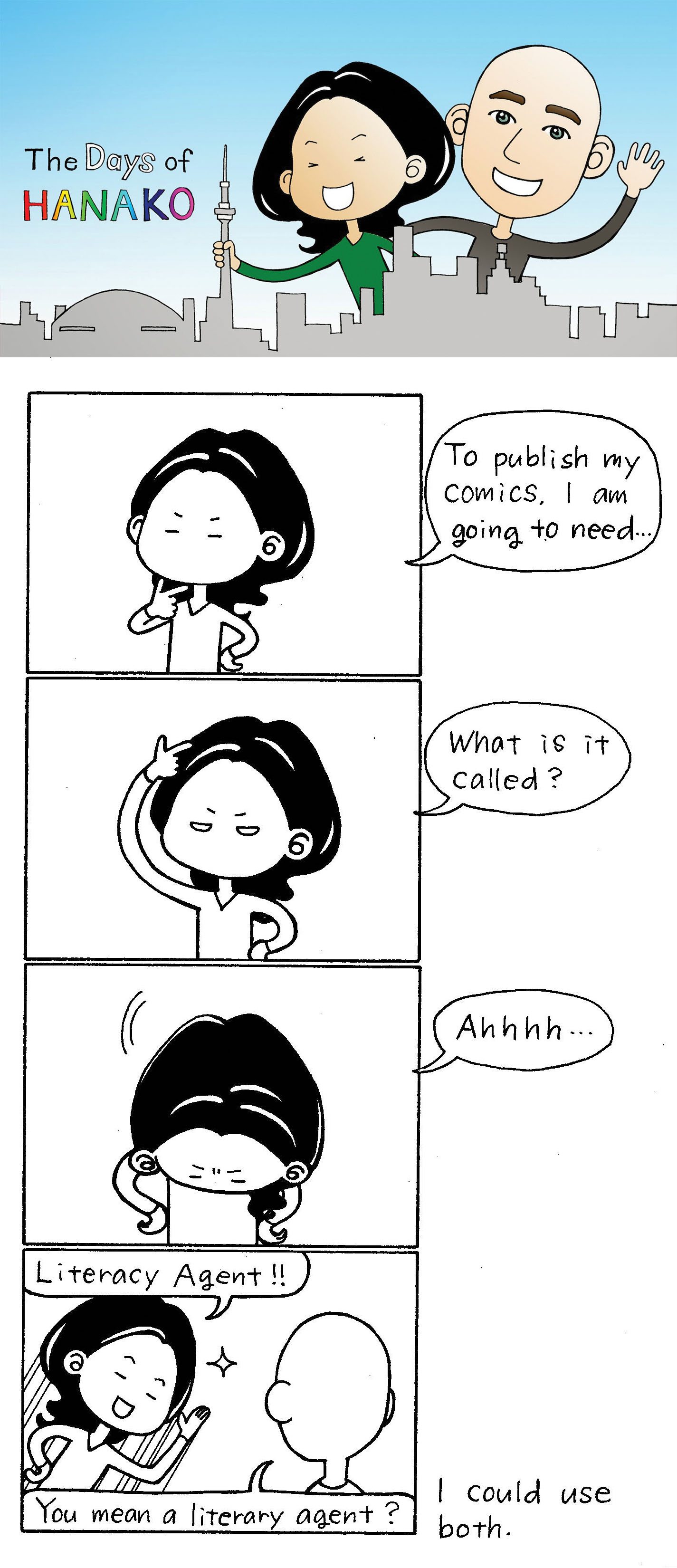TORONTO – Every year, the Toronto International Film Festival plays host to a wide range of Japanese films, directors, and actors.Takashi Miike has long had a focus on yakuza in his films, but his latest takes this focus onto a more fantastical scale with vampires and demons. Photo by: Matthew O’Mara
Some films are thoughtful and beautiful while others are dynamic and wondrous, and then there are the zany and crazy films like Takashi Miike‘s latest: Yakuza Apocalypse.
Telling the tale of a yakuza who becomes a vampire, Miike’s latest film is both wacky and bombastic much like the director who has prided himself on trying something new and different in each of his films. We caught up with Takashi Miike during his stay in Toronto.
Nikkei Voice: What has fuelled your fascination with the yakuza in your films?
Takashi Miike: Yakuza, and us included and really anyone in any profession, aim to enjoy life and seek happiness, so our aims are the same. The reason I find yakuza especially attractive is the speed at which they move to achieve this and how they express their emotions. The same things done by politicians would take five to ten years, which they do the same over night. That’s why I think not just yakuza, but outsiders the world over, are an attractive theme for movie makers.
NV: The main actor in Yakuza Apocalypse isn’t just playing a yakuza in this film, but he’s playing a yakuza vampire. How did you direct Hayato Ichihara for the role?
TM: The actor who played that role is quite close to the character of the movie. How I direct actors like him really depends on the movie and they bring out a different colour and a different character each time. Hayato is a type of guy who is becoming very scarce in Japan and very rare. He’s a real man who wants to do everything straight and to the point, and so we actually borrowed from the character he has in real life and that gave energy to the movie. He actually acted very freely and I gave him free reign.
NV: Since the release of your films Dead or Alive and Full Metal Yakuza, how has the pop culture understanding of the yakuza changed?
TM: First off, there are very few movies in Japan nowadays that have yakuza as the main roles. I could say it’s an almost extinct genre. They are seen as the symbol of evil. In Japanese society, yakuzas have been cornered into one little spot and it’s very difficult for them to live life the way they want to. Even among yakuzas there is a range of people, so I’m left wondering if it’s a good society that doesn’t let them live easily. I think Japanese society may not be that good of a place for everybody.
NV: Your new film includes a lot of things like yokai, Japanese spirits, and even Super Sentai like elements, do you think Western audiences might be confused?
TM: I do realize that it’s very confusing and even in Japan young people these days would be confused by what I’m making, but is it always good to have everything make sense?
A movie that everybody can understand could be a good one, but I’m not really sure about that. We’re always surrounded by all kinds of things that are incomprehensible to us and I think that feeling of confusion is actually a natural state for me. If you think about things that are lurking somewhere and you don’t know who they are and they’re coming to attack you… I find it quite a natural state to have co-habitation with various creatures and ideas.
Editor’s note: The two last question in this interview were translated directly from Japanese into English.
NV: In your film, you cast Yayan Ruhian as one of the main characters. What was it like working with this world-famous martial artist?
TM: In Japan there is no actor who has a well-toned body and is as skilled through training like Yayan Ruhian anymore. Actors in demand in Japan now are presences with peace of mind that they are next to you; they are close to pop idols. So, we have no choice but to bring actors from other countries in order to cast the role that Yayan Ruhian played. I watched “The Raid” which featured Ruhian and realized there are many fantastic actors all over the world. Besides, Yayan Ruhian is not young. Maybe, he is around 50 years old, isn’t he? However, his performance was absolutely beautiful as I had expected. He also inspired the Japanese actors.
NV: In an interview you once said, “Good-bye to Japanese movies that are weak and boring”. What makes a movie strong?
TM: For me, the most essential thing about a movie is that it is not indifferent, but a movie that people feel they want to watch. I do not know who is looking at movies at all, but if you are asked whether you liked a movie or not, you answer that you like it. It is very vague what makes people like a film or not. Now, Japanese movies are not like that because they are based on original works that seem to be a hit such as mangas, novels and TV dramas. Whatever is popular, they cast a film based on it. They will emphasize a love story a little more because current audiences really do not like movies that stimulate them strongly. Movies have to have a happy ending.Of course those kinds of happy movies are also necessary. However, if all movies were like that, it would be boring, wouldn’t it? There was more diversity in the past. There were, for instance, movies that were based on a series of books. These types of situations are disappearing relentlessly. That means opportunities are disappearing where we would act and create a variety of things. We have made our world smaller when we are living through movies. People who are engaged in the Japanese movie industry are making it very hard to express ourselves freely in smaller films. I am not a politician, so I cannot agitate against producers between this, that, and the other on that point. Producers and investors are often astonished by the movies I make and ask, “What is this?” However, I was invited to the Toronto International Film Festival again. (Ed note: his seventh film to play at TIFF). People who watched the movie were also astonished. I hope that for that reason I will continue to make movies that will be considered radical, not simple. That is not why I made a movie like Yakuza Apocalypse, however. In my case I plan to make a normal movie, but my movie ends up becoming extreme. The harder I try, the less I am conscious of myself and things just like me. So I need to think a great deal about people who I hardly ever shoot because I need to make it valuable for me. When I am absorbed with what I am doing by myself I do not know what will come out. I feel that very much. When we forget about ourselves and I am not conscious of myself, the person’s personality shows up for the first time. That is why I have no choice but to forget myself.







 19 Oct 2015
19 Oct 2015
 Posted by Hiroki Kitani
Posted by Hiroki Kitani 














